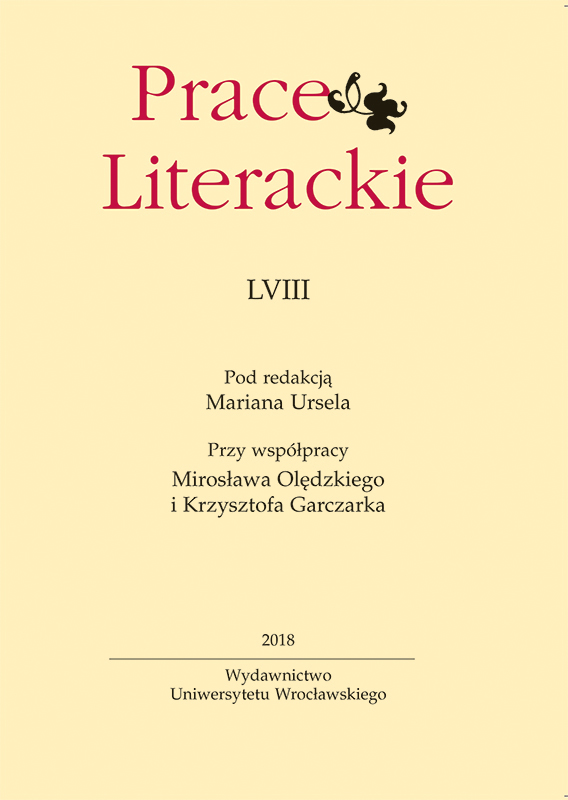Abstrakt
The subject of my research interests in this article is a poem by Wojciech Kudyba titled “Dzie-sięć słów Ojca” (Ten words of the Father), whose philosophical and religious dimension directs our attention to the personalism which was close to John Paul II’s convictions. Kudyba is a poet of reflection, philosophical and religious pondering on the meaning of existence. This is evidenced by clear allusions and references to the Bible, as well as the relational character of the work, focused on building a spiritual relationship. In the analyzed poem, there is a strong desire to establish a spiritual relationship, a deep, intimate relationship with God. The world of spiritual experiences presented in this way finds its peculiar expression in the language of poetic images. The desire to meet the Father somehow anchors faith in a dream. While interpreting Kudyba’s poem, I will not be dealing with the problem of sacrum in literature. I will rather refer to the way in which the well-known archetypes and symbols function in poetry. I will be interested in the acts of creative consciousness, heading for sublimation, or creation of substitute reality. Since sublimation is the dominant and constitutive feature of poetry in the dimension of a peculiar experience of emotionally designed reality, I will try to enrich the leading structural analysis in this work with a few threads (or perhaps insights) derived from Gaston Bachelard’s epistemology.
Słowa kluczowe:
Wojciech Kudyba, spiritual conversations, anthropology of imagination


